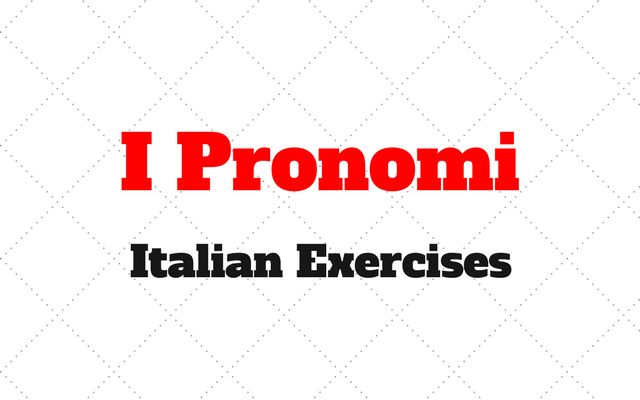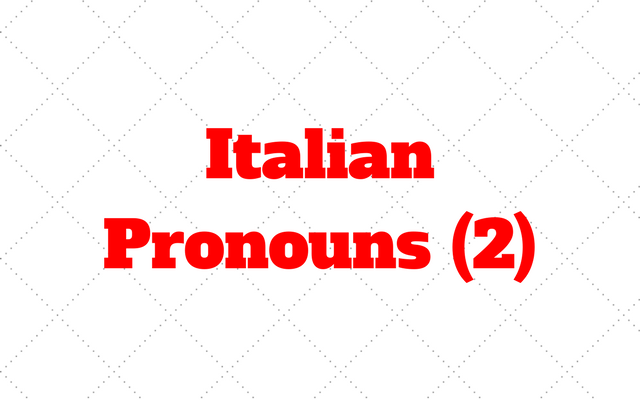
Buongiorno studenti! Today, we are going to delve into the intricacies of the Italian language, focusing on a particularly fascinating aspect: the Subjunctive Mood.
Il Congiuntivo, as it is called in Italian, is a vital component of expressing desires, doubts, wishes, and hypothetical situations.
It’s a mood that allows you to convey your emotions and thoughts in a nuanced way, bringing a rich layer of expression to your conversations and writings in Italian.
So, let’s embark on this journey together, exploring various activities and exercises designed to help you master the Subjunctive Mood in Italian.
Pay close attention, engage with the material, and don’t hesitate to ask questions as we go along. Pronti? Andiamo!

1) Put the Sentences in the Correct Order – Italian Subjunctive Mood
a) non / credo / sia / che / necessario
Credo che non sia necessario.
2) Can you Translate these Sentences? Italian Subjunctive Mood Exercises
a) I hope you are doing well.
Spero che tu stia bene.
3) Practice your Vocabulary
a) I believe – I doubt – I hope
Credo – Dubito – Spero
4) Practice Your Writing by Translating these Small Texts Taking the Italian Subjunctive Mood into Consideration
5) About Italian Subjunctive Mood, Write the Questions to the Answers
a) Spero che tu possa venire presto. (Quan…)
Quando spera che tu possa venire?
Bravissimi, studenti! You have done an excellent job today diving into the Subjunctive Mood in Italian.
Il Congiuntivo is a challenging aspect of the Italian language, but it’s crucial for expressing yourselves in a sophisticated and accurate manner.
Remember, practice is key when it comes to mastering any language, and today’s exercises were just a starting point.
Keep reviewing these concepts, practicing the sentence structures, and integrating the Subjunctive Mood into your daily Italian conversations and writings.
I am confident that with dedication and continuous practice, you will become proficient in using the Subjunctive Mood in Italian. Ottimo lavoro oggi, e ci vediamo alla prossima lezione!










